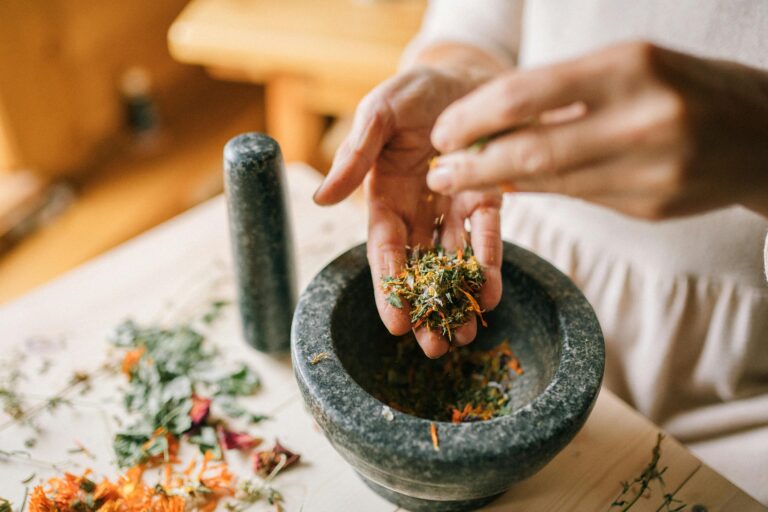After a long history of favoring males, currently feminism in China is gaining momentum and many brands utilize it in their strategy, promoting feminism in Chinese marketing.
What does China’s feminism movement entail?
China’s feminist movement has three mayor demands: to make visible the household work that women do and to redistribute it; equal opportunity of employment for women and men, and reproductive choice. It means the right for every woman to have or not to have children and the number of children that they want.
Currently, in 72% of Chinese households women do all the chores such as cooking, washing dishes, washing clothes, doing sanitation, and taking care of children. Namely, on average, urban Chinese women spend an hour and a half longer than men doing housework each working day.
Representation of feminism in Chinese marketing
An analysis of the advertising content from 2012-2015 by IAI Chinese Works Yearbook found that for a long time, most of the female images in Chinese advertisements had the same type of representation. It was always wives and mothers with no professional roles. In Chinese marketing campaigns, women were in the status of male accessories. Nowadays, Chinese millennials and Gen-Z expect different approach.
At the moment, thanks to feminism in Chinese marketing, the representation of women in advertising is changing. Companies show them as independent personalities. The “2020 Women’s Quality Life Report” shows that mothers born in the 1990s choose to focus more on themselves, be independent and pursue their career. CBN Data shows that the most important things for Chinese women at work are stability (32%) and their career development (30%),
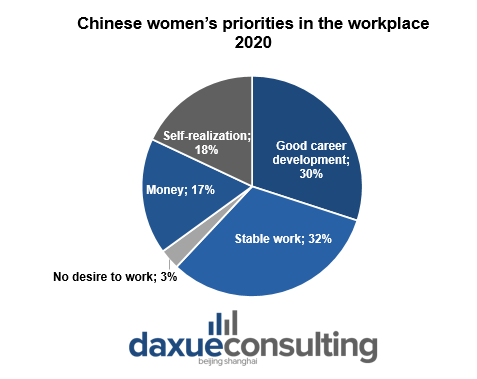
Beauty brands utilizing feminism in Chinese marketing
SK-II case: “leftover women” campaign
In 2016, some Chinese beauty brands began to focus on the identity and rights of Chinese women. Among them, Japanese cosmetic brand SK-II with campaign addressing “leftover women” in China. The video shows the opinions of various people about unmarried women over 25 years old. Moreover, it demonstrates that these women are still looking for love, while their parents worry that their daughter is still single. The YouTube video has garnered hundreds of thousands of views around the world and has spread widely among Facebook users. In China, the video has received over 4,000 likes and has been posted about 20,000 times on the official SK-II Sina Weibo account.
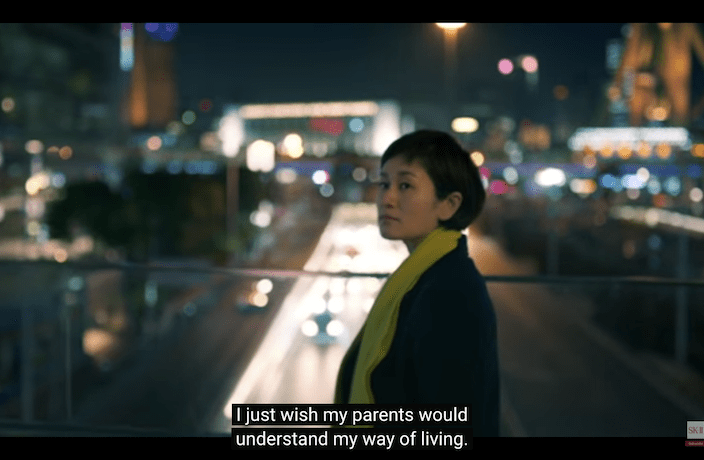
There is also another SK-II Bare Skin campaign encouraged women to love their natural look. The #skii 我行我素 # (#skII DoItMyOwnWay) tag went viral on Weibo, with women posting their natural selfies without filters or makeup and writing about self-love.
Olay: No fear of age
In 2019 Olay launched a campaign in China, which also can be an example of feminism in Chinese marketing. OLAY has invited celebrities and key opinion leaders to share their inspiring stories about aging. People in China tend to label women with age numbers and Olay decided to put forward the concept of “no fear of age”. It encouraged women to break the prejudice about age and focus on their life stories.
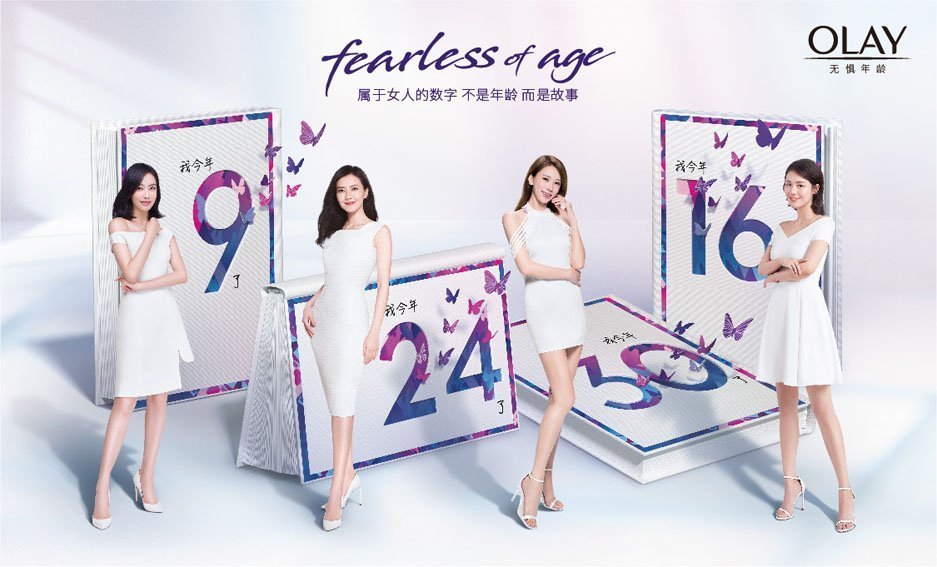
HELIUS: TV show about women’s emotions
Chinese C-Beauty brand HELIUS has partnered with Hunan Television to launch China’s first TV show on women’s mental health, entitled You Can Show Your Mood. It raised the issue of women’s suppression of emotions and, as a result, burnout.
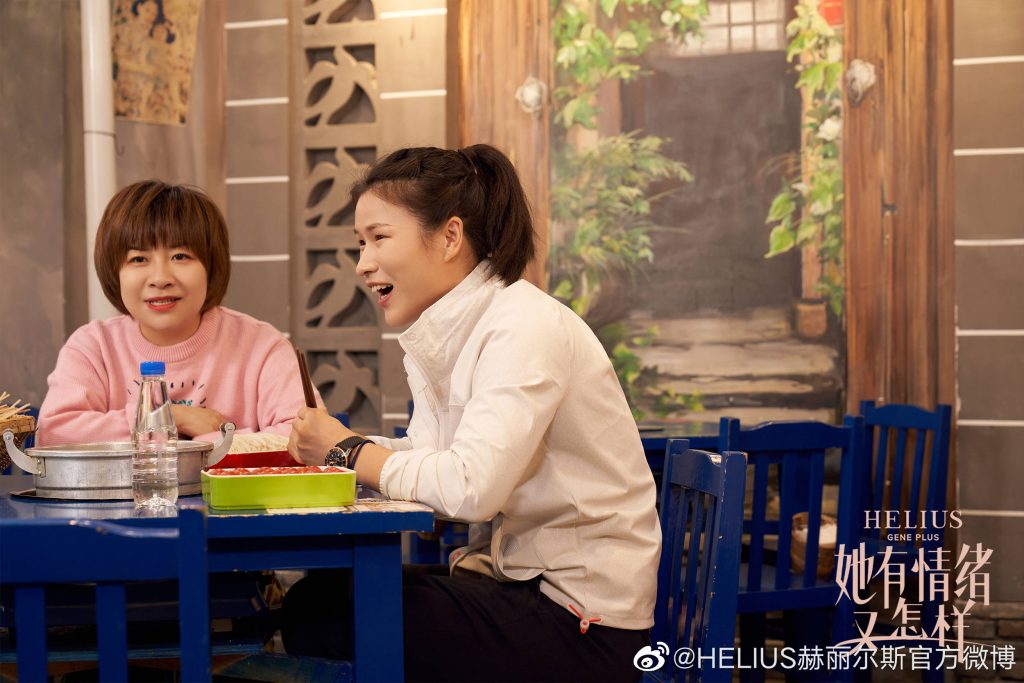
Kiehl: Campaign against ageism
American cosmetics brand Kiehl’s has used feminism in Chinese marketing. It posed a challenge to the cultural obsession with requiring women to “act according to age” which favors the current patriarchal system. In their campaign which became a Weibo phenomenon, reaching hundreds of millions of views and comments, they featured women between the ages of 10 and 64, and their biological ages matched their mental ages. Age anxiety remains a hot topic in China, which is why many brands use it in their campaigns.
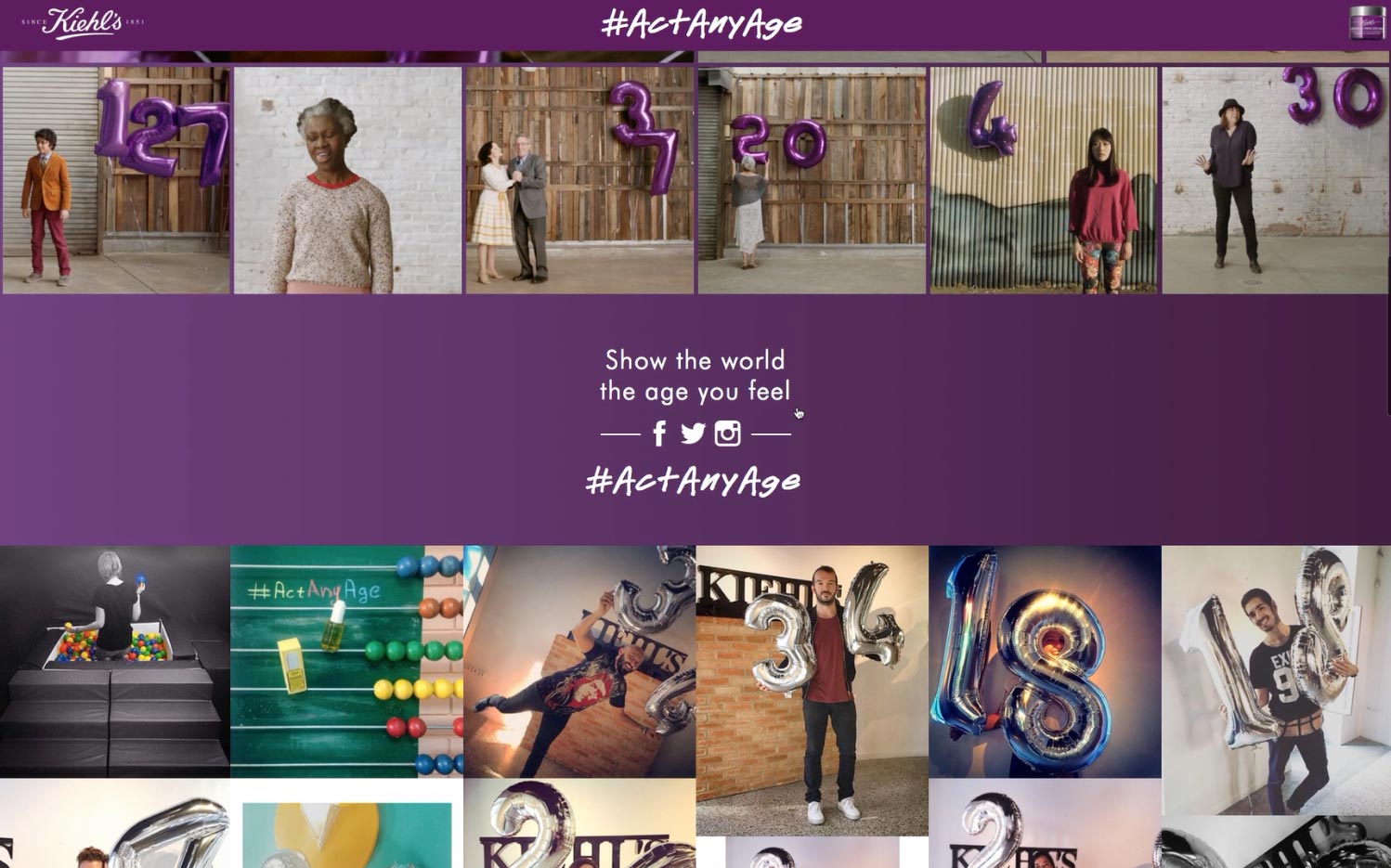
Feminism in Chinese marketing: Fashion
Marisfrolg
With the rise of the Chinese apparel market, some domestic fashion brands began to realize the importance of building brand values. The first to seize the topic of feminism was women’s clothing brand from Shenzhen Marisfrolg (玛丝菲尔). According to statistics from Fashion Headlines, Marisfrold has more than 900 stores in mid-to-high-end shopping malls across the country.
In 2015 It launched an event, where different artists who show the diverse ways of expression of women. For example, the photographer Luo Yang represented the different attitudes towards women in the world. It became one of the most popular in the sphere of high-end apparel market in China.
SENREVE: The new consumer demand behind the feminist movement
SENREVE is the luxury brand of bags produced in Italy. The brand spends a lot of energy on Instagram, inviting influencers to share their real stories, and pays attention to the establishment of female communities. At present, the biggest problem encountered in promotion in China is that there are actually relatively few KOL choices that can truly represent the brand’s audience. On Xiaohongshu or Weibo, most of SENREVE KOLs represent fashion or lifestyle, but they do not fully represent the female group.
Therefore, SENREVE is also actively working with communities online and offline, such as women’s career forums, women’s communities in the professional fields to find perfect KOLs and KOCs.
JNBY: Short films about independent women
Hangzhou-based design label JNBY collaborated with BIE Girls (formerly VICE China) on a series of short films last September to explore the identities of three groups of women. Based on the idea of liberating women from predetermined social roles, JNBY, which is one of China’s earliest iconic brands, has long earned a reputation as the perfect fashion choice for fiercely independent Chinese women.
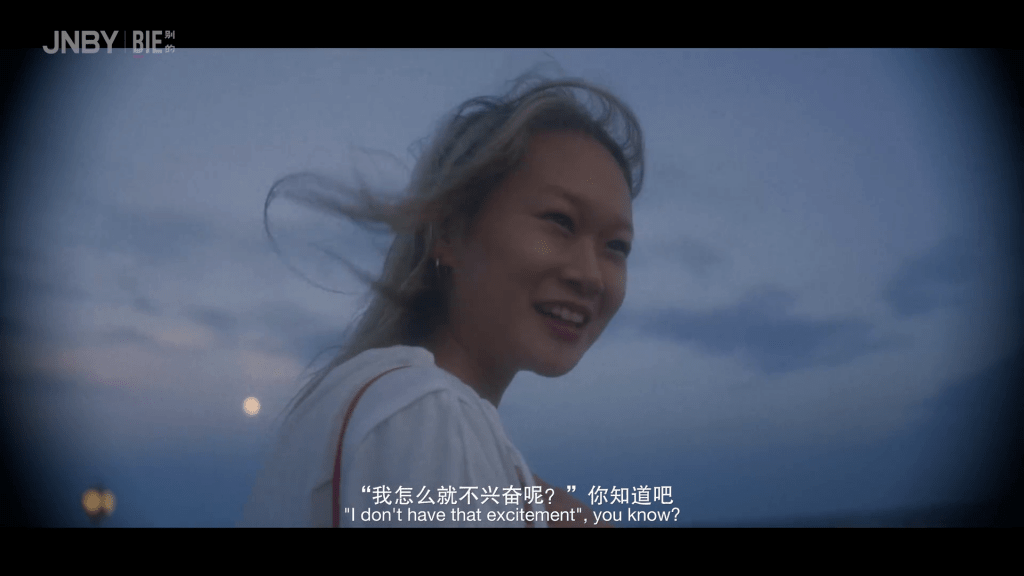
Key takeaways
- Feminism in China is gaining momentum thanks to the new values of Gen-Z and millennials.
- More and more domestic and foreign brands use feminist agenda for their marketing campaigns in China.
- Using feminism in marketing campaigns helps to attract new audience and customers represented by independent women.
- Combatting against age anxiety is an especially popular topic for campaigns targeting women.


